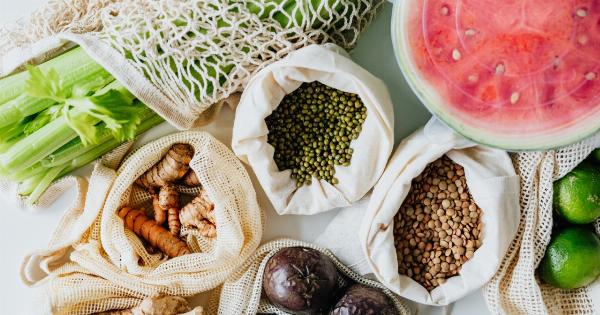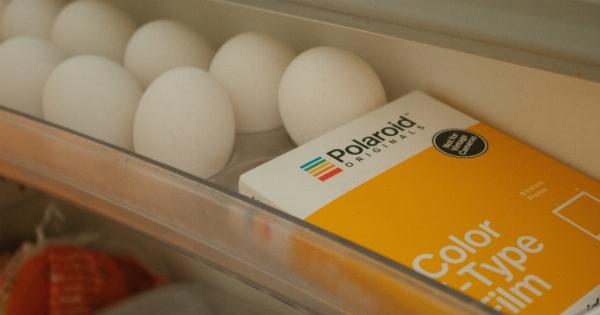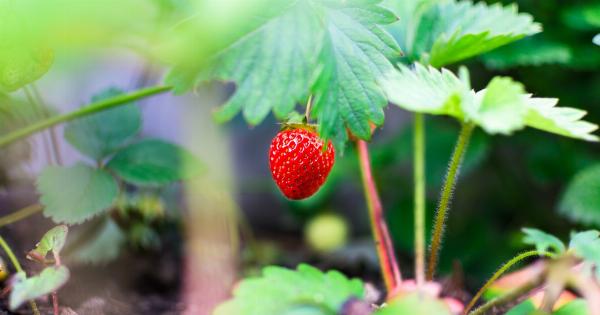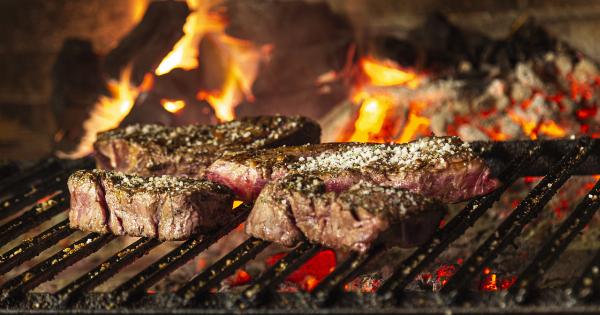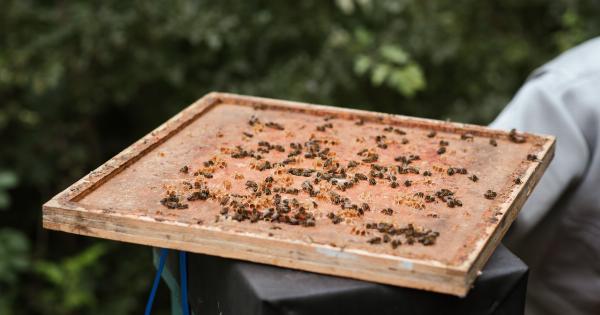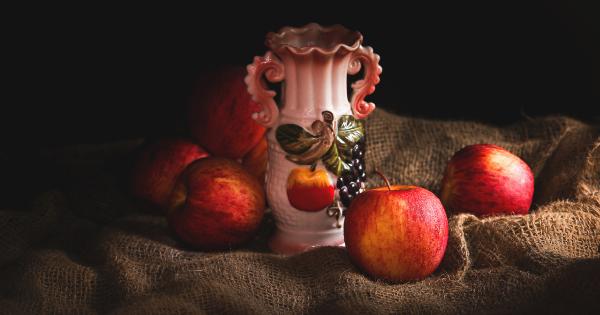When it comes to storing food, the refrigerator is one of the best tools at your disposal. It slows down the process of spoilage and keeps food fresh for longer periods of time.
However, not all foods are created equal and some are better suited for refrigeration than others. In this article, we will explore the best foods to refrigerate and why.
Fruits and Vegetables
Most fruits and vegetables do well in the refrigerator, particularly those that are ripe or close to being ripe. Some fruits and vegetables that should be refrigerated include:.
- Apples
- Berries
- Cucumber
- Grapes
- Lettuce
- Peppers
- Spinach
- Squash
- Tomatoes (if already ripe)
However, there are some fruits and vegetables that do not do well in the refrigerator. These include:.
- Bananas (best kept on the countertop)
- Citrus fruits (best kept on the countertop or in a cool, dark place)
- Potatoes (best kept in a cool, dark place)
Dairy Products
Dairy products such as milk, cheese, and yogurt should always be refrigerated. This helps to keep them fresh and prevents spoilage.
However, it is important to note that some types of cheese (such as parmesan or gouda) can be stored outside of the refrigerator in a cool, dry place.
Meat and Seafood
Meat and seafood are highly perishable and should always be refrigerated. This helps to prevent the growth of harmful bacteria that can cause foodborne illness.
When storing meat and seafood, it is important to keep them in the coldest part of the refrigerator (usually the bottom shelf). In addition, it is important to avoid cross-contamination by storing these foods separately from other foods.
Eggs
Eggs should always be refrigerated, even if they have not been cracked or opened. This helps to prevent the growth of harmful bacteria that can cause foodborne illness.
When storing eggs, it is important to keep them in their original carton and avoid washing them before refrigeration (as this can remove the protective coating on the eggshell).
Leftovers
Leftovers should always be refrigerated as soon as possible to prevent spoilage. When storing leftovers, it is important to transfer them to airtight containers and label them with the date they were prepared.
Leftovers can be kept in the refrigerator for up to four days.
Cooked Meats
Cooked meats such as chicken, beef, and pork should always be refrigerated. This helps to prevent spoilage and keeps the meat fresh for longer.
When storing cooked meats, it is important to store them in airtight containers and label them with the date they were prepared. Cooked meats can be kept in the refrigerator for up to four days.
Condiments
Condiments such as ketchup, mustard, and mayonnaise should always be refrigerated after opening. This helps to prevent spoilage and keeps the condiments fresh for longer.
In addition, it is important to avoid leaving these items out at room temperature for extended periods of time (such as during a picnic or barbecue).
Bread and Bakery Items
Bread and other bakery items such as pastries and muffins can be stored in the refrigerator to help keep them fresh. However, this is not always necessary and can sometimes even cause these items to go stale faster.
In general, it is best to store these items at room temperature in a cool, dry place.
Canned Foods
Canned foods such as beans, tomatoes, and vegetables can be stored in the refrigerator after opening. This helps to keep the food fresh for longer and prevents spoilage.
However, it is important to transfer the contents of the can to an airtight container before placing it in the refrigerator (as the metal from the can can react with the food).
Nuts and Seeds
Nuts and seeds can be stored in the refrigerator to help prevent them from going rancid. This is particularly true for nuts that contain a high amount of oil (such as walnuts or pecans).
However, this is not always necessary and some nuts and seeds (such as almonds or chia seeds) can be stored at room temperature in a cool, dry place.





